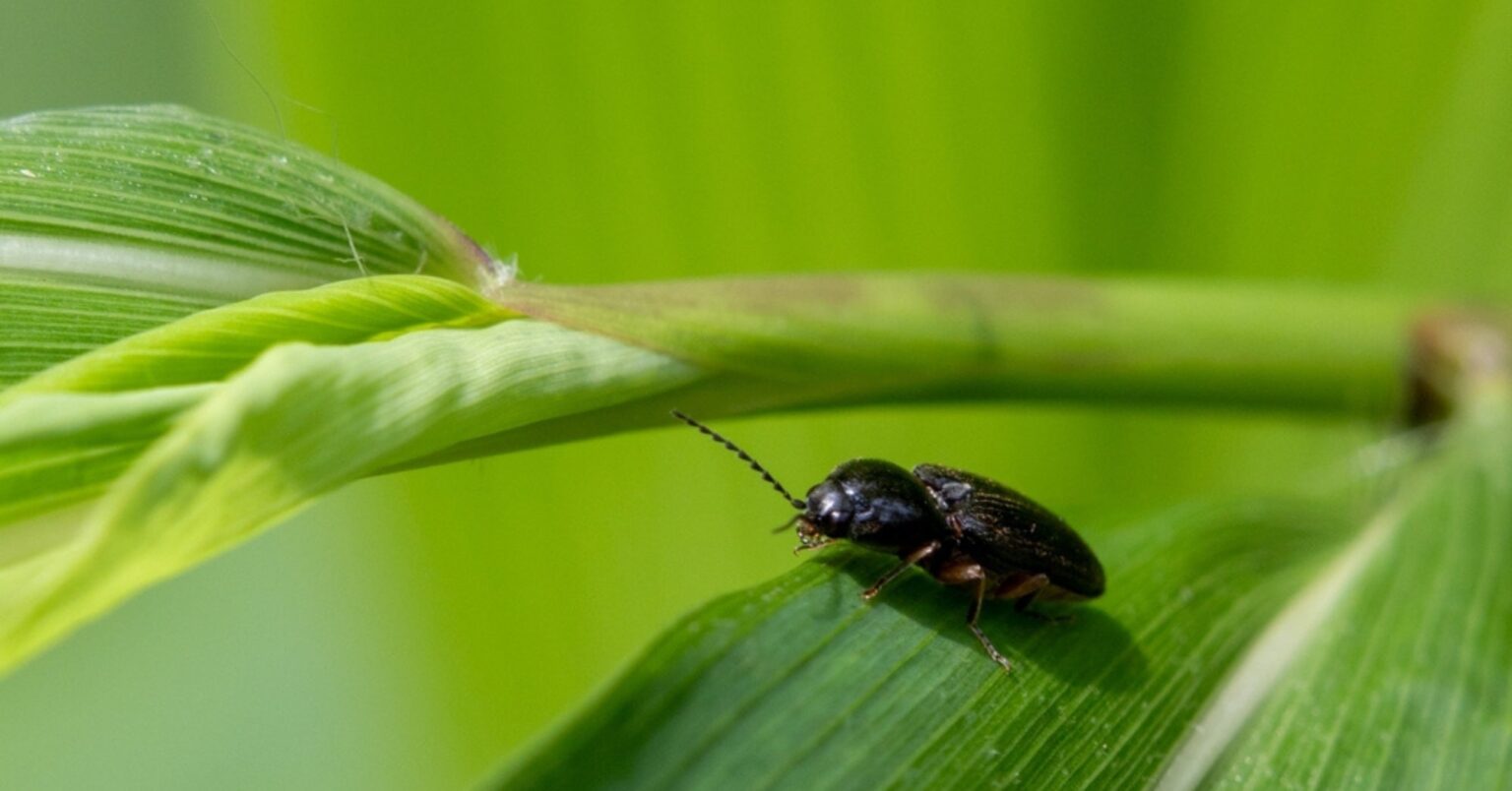Agriculture specialists with U.S. Customs and Border Protection, Office of Field Operations at the Pharr International Bridge Cargo Lot intercepted three “First in Nation” pests in different shipments in recent weeks, protecting America’s agricultural and plant resources from invasive species and diseases.
According to a news release from the agency, the first interception occurred on May 16 when a shipment consisting of banana leaves, dasheen, and chayote was referred to the dock for an intensive agriculture inspection.
Upon inspection, CBP agriculture specialists found a pest which was submitted to a U.S. Department of Agriculture entomologist for identification. The initial identification was confirmed by a national specialist as Anelaphus yucatecus Chemsak & Noguera (Cerambycidae). On June 5, the second and third interceptions occurred in a shipment of blackberry, blueberry, raspberry, and coconut. The identifications were confirmed as Cyclocephala fulgurata burmeister (Scarabaeidae) and Cardiophorus aptopoides candze (Elateridae).
“Through their expertise and vigilance, CBP agriculture specialists at our ports of entry help shield American agriculture from invasive pests and harmful diseases affecting plants and animals,” said Port Director Carlos Rodriguez, Hidalgo Port of Entry.
Anelaphus yucatecus is a species of beetle in the family Cerambycidae. Cerambycidae larvae feed on plant tissue such as stems, trunks, or roots of both herbaceous and woody plants.
The larvae of Cyclocephala fulgurata are root feeders. The larvae can be significant pests of turfgrass and some agricultural crops, damaging roots and causing widespread problems.
Cardiophorus aptopoides is a species of click beetle. There are approximately 180 of this species in existence worldwide. These beetles are known for their ability to produce a clicking sound, which they use to flip over if they land on their back.
All shipments were returned to Mexico.


